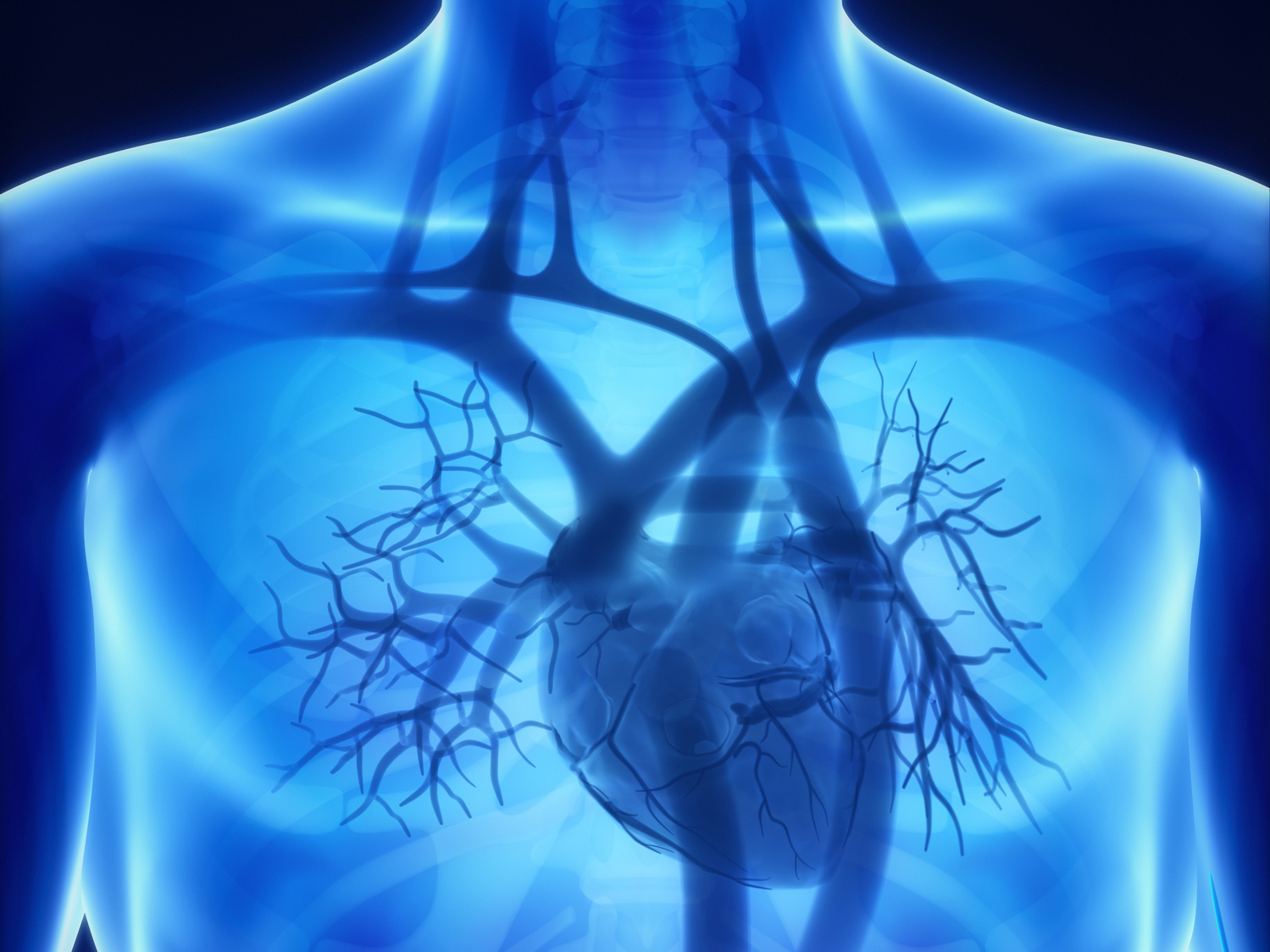Get Easy Health Digest™ in your inbox and don’t miss a thing when you subscribe today. Plus, get the free bonus report, Mother Nature’s Tips, Tricks and Remedies for Cholesterol, Blood Pressure & Blood Sugar as my way of saying welcome to the community!
Don’t let psoriasis destroy your arteries

It might seem strange to think that psoriasis, an autoimmune disease that causes skin inflammation, redness, and scaling, could also lead to coronary heart disease.
After all, it’s external. There’s no such thing as “psoriasis of the heart,” right?
But one of the myths of psoriasis is that it’s only a skin disease.
Psoriasis is actually an autoimmune disease. And, as with all autoimmune diseases, your body attacks healthy cells, in this case, skin cells.
Besides scaly, red, sore skin, psoriatic arthritis can occur, where the swollen, sore joints of arthritis are combined with the itch, scaly red skin of psoriasis
Also, cracked, dry skin can lead to infection.
But there’s more to psoriasis than meets the eye.
There’s a “hidden link” between psoriasis and heart disease that researchers have been uncovering for some years now.
Research connects psoriasis with heart disease
A 2015 study found that people with psoriasis are nearly twice as likely to have uncontrolled high blood pressure than those without psoriasis.
The real culprit is inflammation.
This was demonstrated in early 2019 in a study led by Dr. Nehal Mehta, head of the Lab of Inflammation and Cardiometabolic Diseases at the National Heart, Lung and Blood Institute (part of the National Institutes of Health).
The study showed that the heightened systemic inflammation associated with psoriasis elevates the chances for blood vessel disease.
When excess LDLs (low-density lipoproteins, or “bad” cholesterol) seep into the lining of the arteries, plaque is formed that blocks those arteries.
The inflammatory response to this can cause blood clots, which further block arteries, and can lead to heart attack and stroke.
Earlier research pointed to this
Science has been zeroing in on the connection among inflammation, psoriasis and heart disease for some years now:
- An analysis of past studies by doctors from four different hospitals in China ended with this statement: “These findings have led to the recommendation that all patients with psoriasis should undergo detailed screening and management of cardiovascular risk.”
- A 2014 French study concluded that “the prevalence of psoriasis is twofold higher in patients with CAD (coronary artery disease) than in patients without CAD. It is (also) associated with a more severe coronary artery involvement.”
In other words, they found that twice as many people with CAD had psoriasis, compared to people without CAD, a very strong association.
- And, in 2016, Dr. Nehal Mehta (mentioned above) led a study showing that psoriasis patients had moderate to severe coronary artery calcification (CAC) that was five times higher than in people without psoriasis.
How to keep psoriatic inflammation from causing heart disease
Again, Dr. Nehal Mehta has been a leader here. Not only did his 2019 study prove that psoriatic inflammation was harmful to blood vessels. It also showed that treating psoriasis with biologics can also improve coronary artery disease.
Related: How to treat chronic inflammation naturally
Biologics are drugs that are manufactured with fewer chemicals and more natural substances than typical medications. Side effects are still possible, but not usually as frequent or severe.
Five types of biologics exist for the treatment of psoriasis:
- TNF-alpha inhibitors, which suppress the body’s response to white blood cells and prevent psoriatic growths
- Interleukin 12, 17 and 23 inhibitors, which interfere with the action of cytokines, proteins produced by the body that regulate the body’s immune response
- T-cell inhibitors, which control the action of T-cells, major players in the autoimmune response
Be proactive to protect your heart
If you have psoriasis, you should be vigilant about protecting your heart. Some proactive steps for you to take:
- Get enough daily exercise
- Control stress in your life
- Follow an anti-inflammatory diet, like the Mediterranean diet to improve heart health and ease psoriasis symptoms
- Make sure you get your share of omega-3 fatty acids from foods like salmon, tuna, sardines, flax seeds, walnuts, berries, and dark, leafy greens. If you don’t eat a lot of these foods, consider taking a supplement.
Sources:
- Comparing coronary artery calcium scores in patients with psoriasis, diabetes — EurekAlert!
- The Heart-Psoriasis Connection: What You Need to Know — Healthline
- Increased prevalence of psoriasis in patients with coronary artery disease: results from a case-control study — British Journal of Dermatology
- Psoriasis and Heart Disease: The Hidden Connection — Everyday Health
- Study links psoriasis treatment and improvement in heart artery disease — National Institutes of Health (NIH)
- Systemic Treatments: Biologics and Oral Treatments — National Psoriasis Foundation













